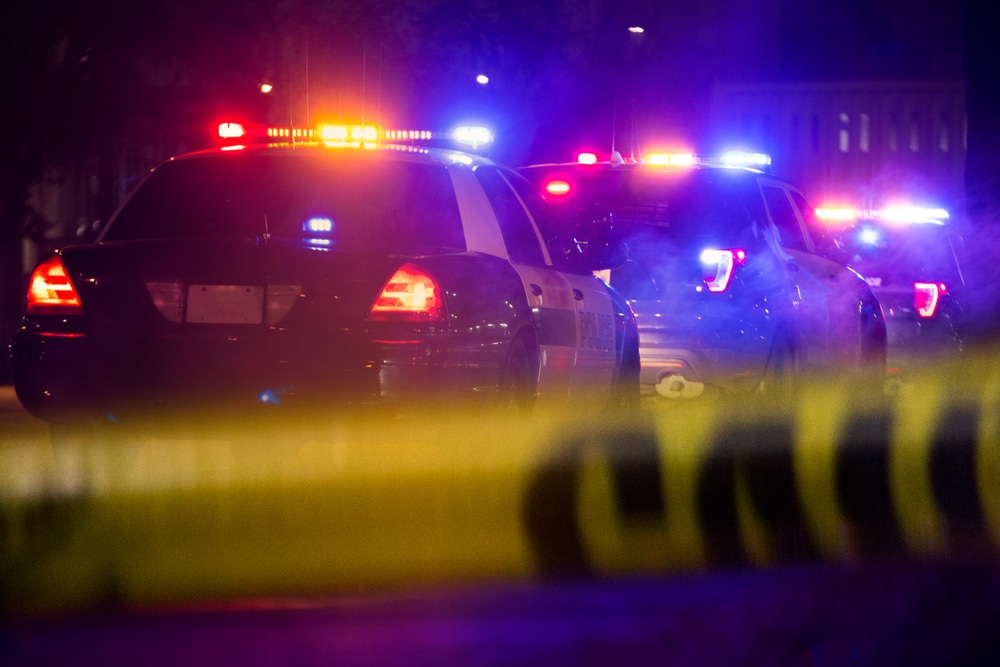Exclusive: Understanding the jurisdictional turf war


James Thorpe
Share this content
Fighting over jurisdiction of an incident is not a new concept in the criminal justice and security sectors. Interestingly, it seems that when incidents occur involving some law enforcement entities close to the line of geographic jurisdiction, there appears to be no misunderstandings or hesitancy to cooperate; however, if one of the responding entities is a security team, there appears to be a certain arrogance and even hostility to work together, even if for a brief period until law enforcement takes over.
Granted, this is not the case all the time as I know and have been a part of many incidents when law enforcement and security departments work great together with no evidence of prominence or arrogance; unfortunately, there are many parts of the world where this is sadly not the case. Last year, the ASIS International Crime Prevention Community had a two-part, global panel discussion on how law enforcement and private security can work better together in their respective regions to deter criminal activity.
And recently the ASIS International Port Harcourt, Nigeria Chapter had their 20th Anniversary virtual call on security careers and how the image of a private security officer is usually not held in the highest regard with certain law enforcement agencies. Both substantiate how this is not only a regional issue but also a global issue that needs to be addressed and remedied. Just as individuals can become competitive in career searches and advancements, why can this proactivity not be evident to bridge gaps between some law enforcement and security entities? Fortunately, many jurisdictions and private security providers have developed outreach programs to fix this issue and have succeeded. The problem is not with a particular entity as a whole, but more on an individual level that creates a negative stereotype.
The chart below shows how this is not a contained issue just in a particular part of the world:
| “I have issues with private security guards – they are not well trained with firearms and some take their responsibilities way too lightly.” | Police Constable | Pakistan |
| “Generally speaking, cops work well with our security company but when they acted like idiots they were treated like idiots.” | Security Manager | United States |
| “It varies according to what type of security guard police interact with.” | Security Professional | Switzerland |
| “There were a few guards I knew in passing who were police wannabes and wouldn’t ever achieve selection. These people are potentially dangerous and I avoided them as much as possible.” | Former Security Officer | Malaysia |
| “Police Officers do not like private security guards because they are not legally allowed to do the same things that police officers are.” | Private Security Company | Canada |
As illustrated, it is not just a one-sided argument, certain members of both the law enforcement and security profession have made hurtful comments about the other entity’s officers. This cannot be fixed overnight and with more and more public and private entities outsourcing to private security companies, especially now with the economic impact of COVID-19, both public and private protectors must remedy and maintain strong relationships.

By Matthew Porcelli, CPP
You can connect with Matthew on LinkedIn here



